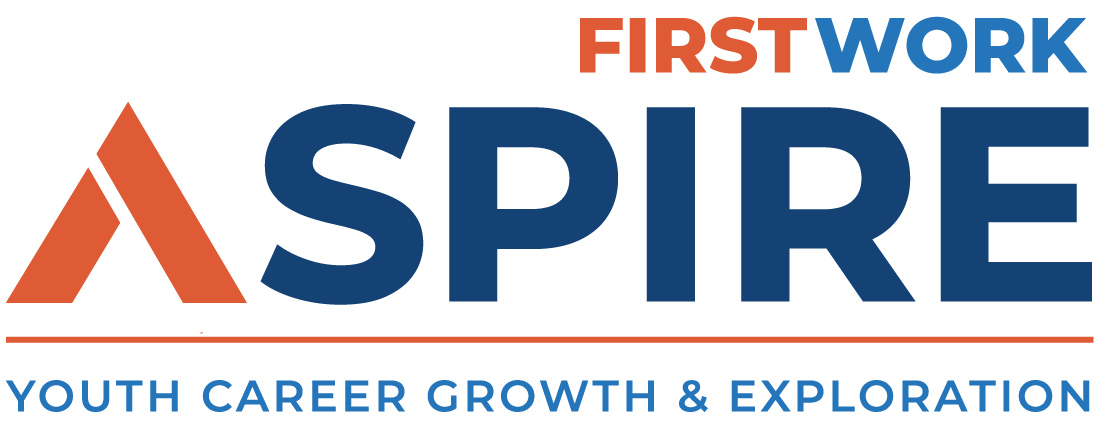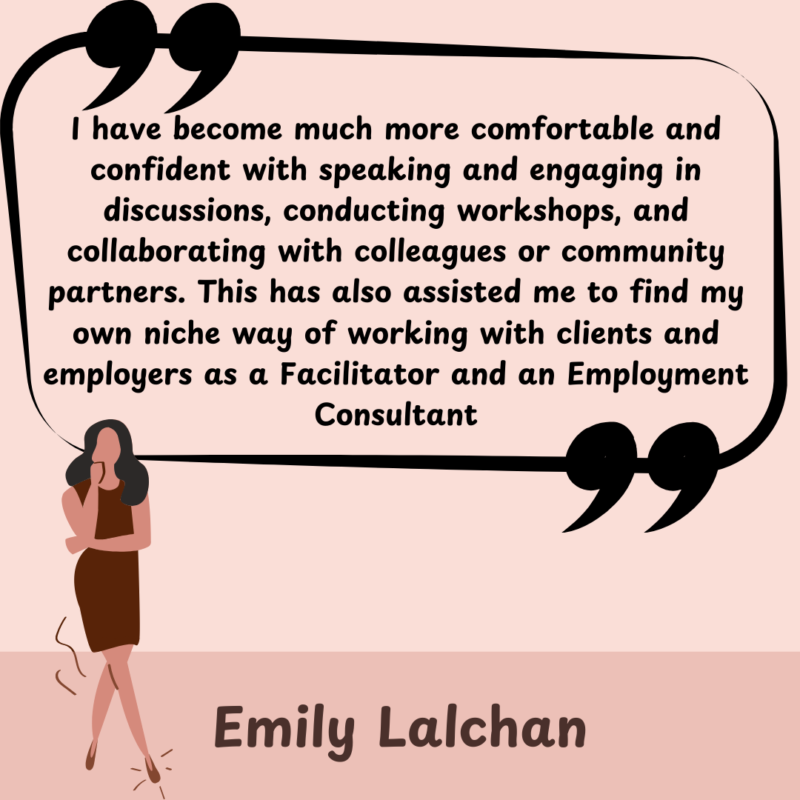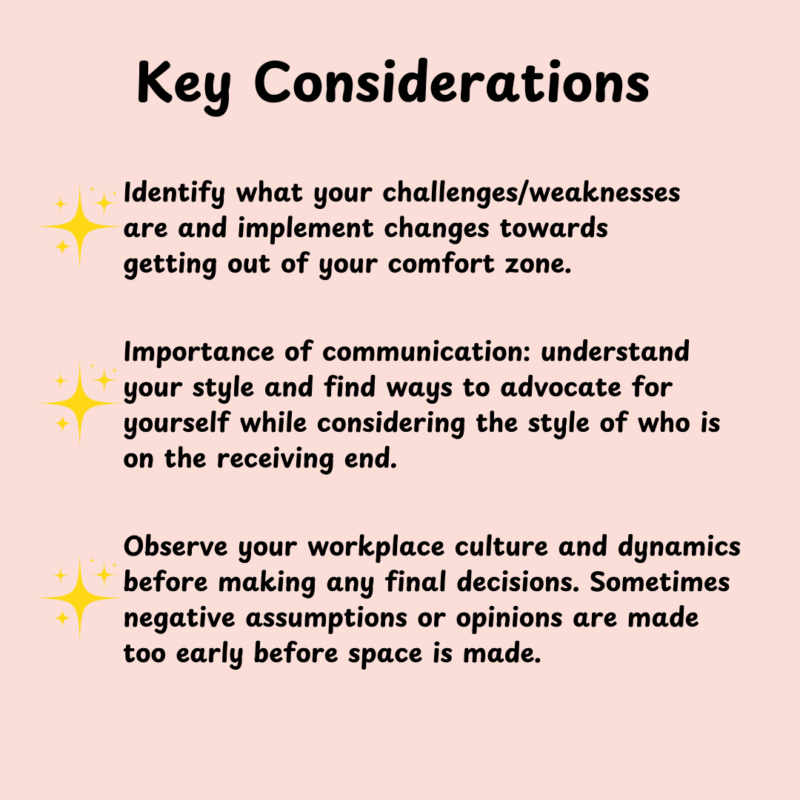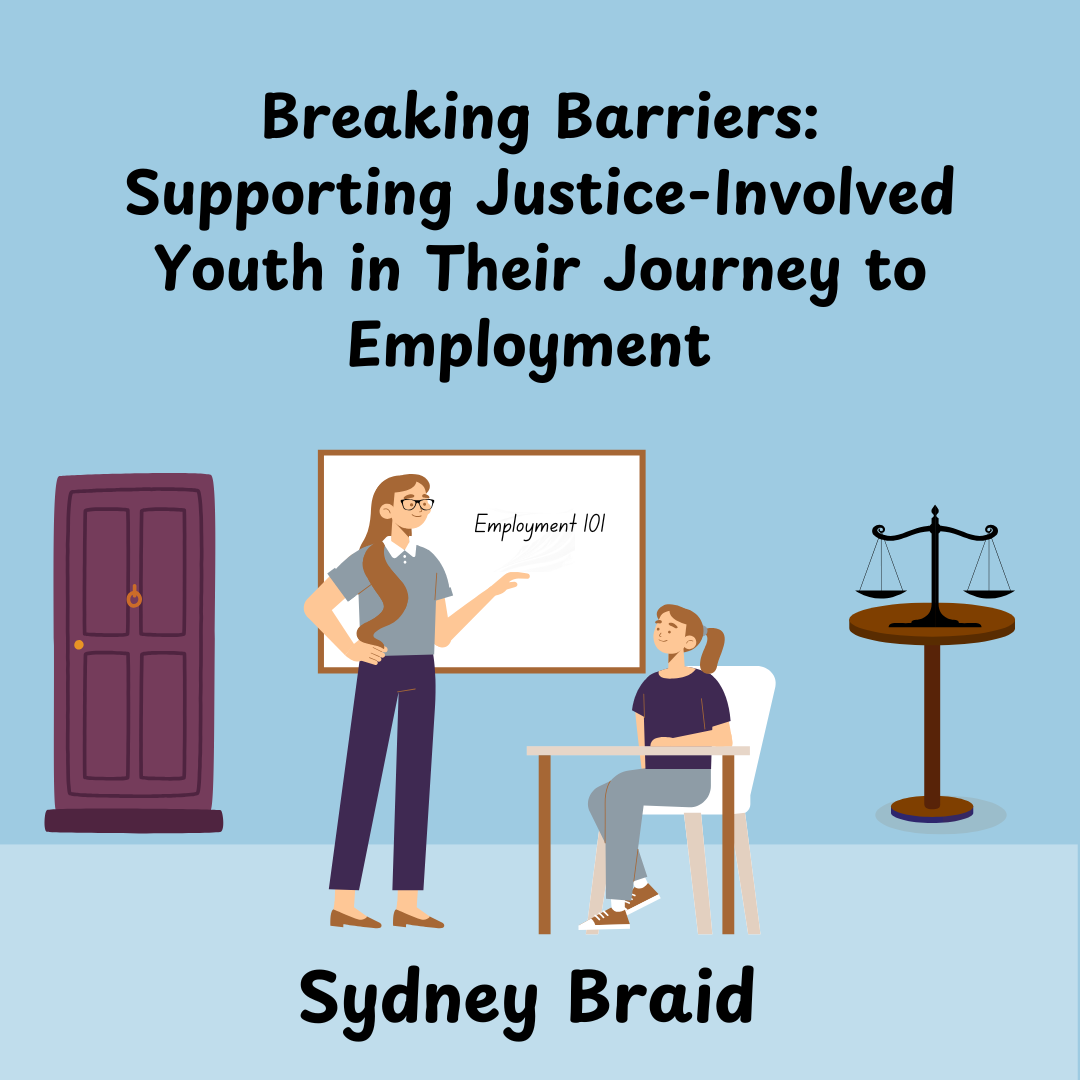As someone who has always been reserved and on the quieter side, it has its highs and lows. While I enjoy being able to take a step back and absorb all that is around me, it can feel quite overwhelming depending on the environment and circumstances at hand.
When I think about personality in reference to the workplace, I know it has played a significant role in how I have navigated my way through a variety of workplace dynamics.
Being introverted has allowed me to observe workplace culture, differences in communication and work styles. This includes the following:
-
Attitudes and values towards workplace goals, and team morale.
-
Understanding communication styles such as assertive, passive, passive aggressive or aggressive.
-
Workflow of a team and how day-to-day tasks are completed as a whole and individually.
I prefer to observe the environment and how people interact first. As a result, I have become very self-aware, conscious of my work ethic and mindful of how my presence impacts the workplace.
Finding my Voice in the Workplace
I have had the opportunity to be surrounded by those with extensive years of experience and those that share very close bonds. While I see this as an asset within the work environment, I have also encountered challenges as well.
I have felt a lot of anxiety in finding my own place and being assertive in how I communicate, when it comes to expressing my own thoughts, opinions or providing feedback.
It can feel as though I need to go into overdrive responding quickly, loudly, and with confidence, especially being a soft-spoken person around others with strong personalities.
When this happens, it can feel defeating when you do have the courage to share your thoughts or opinions in discussions, and it becomes quickly overshadowed by others.
Finding Space and Making Space for an Impactful and Effective Presence
When reflecting on how I show up at work, I realized that I need to start becoming comfortable with being uncomfortable.
Over the years, I have been encouraged to get out of my comfort zone through facilitating workshops, attending community or professional engagements and experiences gained through field study placements.
As a result, I have become much more comfortable and confident with speaking and engaging in discussions, conducting workshops, and collaborating with colleagues or community partners. This has also assisted me to find my own niche way of working with clients and employers as a Facilitator and an Employment Consultant. In finding my own space, I have found it helpful in getting to know your surroundings through asking the right kind of questions and knowing how to make small talk to gain insight from others and from their experiences.
With that said, I must also be open and receptive to constructive feedback and opportunities which foster professional and skills development. When it comes to making space, this can be difficult to do on your own. Those in leadership roles might want to consider one’s personality when developing a team, training, or transitioning staff into new roles.
Final Reflections: Building your support toolkit
While doing things independently can be great for an introvert. It also means that struggles and challenges are handled the same way and sometimes asking for help can be difficult.
To combat this, I found it helpful in finding support through a neighboring colleague, to either debrief and share ideas with or reaching out to my managers for clarification and support.
Effective communication is also important in navigating through workplace dynamics assertively. Being assertive is something that I am continuing to work on and have come to understand that there is a balance that can be fostered from being introverted and knowing when to be extroverted. Finding that balance enables me to build my confidence, as I tend to overthink leading to self-doubt and not feeling confident in my work or contributions.
Key Considerations
-
Identify what your challenges/weaknesses are and implement changes towards getting out of your comfort zone.
-
Importance of communication: understand your style and find ways to advocate for yourself while considering the style of who is on the receiving end.
-
Observe your workplace culture and dynamics before making any final decisions. Sometimes negative assumptions or opinions are made too early before space is made.










